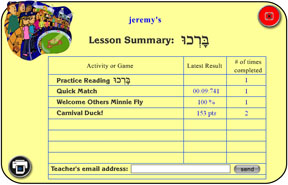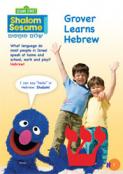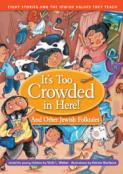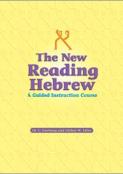- Home
- Play & Learn Home
- Online Enrichment
- Experience Modern Israel
- Israel It's Complicated
- Jewish and Me
- Jewish Holidays Jewish Values
- Jewish Values in Genesis and Jewish Values in Exodus
- Min Ha’aretz
- Our Place in the Universe
- Simply Seder
- The Prophets: Speaking Out for Justice
- Making T'filah Meaningful
- Make, Create, Celebrate
- Yom Haatzmaut Resources
- Hebrew Apps
- About The OLC
- What is the OLC?
- Introduction
- Get Started
- Resources
- OLC Content
- Parent Materials
- See My OLC Classes
- Store
Hebrew Assessment: Essential, Effective, and Easy as 1-2-3
In the Classroom:
Hebrew Assessment: Essential, Effective, and Easy as 1-2-3
Steps for assessing Hebrew progress online, automatically and in real time
|
Imagine a pilot trying to land a plane without being able to see the runway, and without a compass to keep on course. Flying blind.
We don't want to teach Hebrew flying blind either. We want to know what our students are learning and whether we're accomplishing our curricular objectives. Ongoing assessment can become a compass. It can help us understand the development needs of our students. It can reveal which parts of the material they learn most easily, and which are most difficult. Done well, it can help us understand where students need individualized remediation, and where they can forge ahead. To be most effective, assessment needs to be both ongoing and individualized. Jay McTighe, author with Grant Wiggins of the Understanding by Design system of curriculum planning, and a nationally recognized expert on assessment, compares assessment to photography. What we want, he says, is not a single snapshot depicting what a student knows on a given day, but rather an ongoing "photo album of achievement."
Ongoing assessment provides a series of snapshots of a student's progress along a continuum of learning. Over time, the teacher can develop a profile of each student's progress and can make appropriate adjustments to the learning plan. Two British academic researchers, Paul Black and Dylan Williams, call them "assessments for learning" rather than "assessments of learning." They see assessments not as end products of their own, but rather as part of an organic and dynamic process, providing information for action. Assessment can help the teacher:
Our digital applications are especially suited for Hebrew assessment because automatic assessment features are built right into the software. These features allow real-time assessment of every student in every class without using up valuable class time! The information is collected automatically, whenever students log on to complete a Hebrew exercise or play one of the reinforcement games . So assessment doesn't have to take up class time, and is combined with something that can be fun for kids. Students never need to feel pressured to perform. Teachers and principals can monitor progress at any time. The information is always available online, whenever it's needed. It's that easy. Our digital applications, such as Alef Bet Quest and Kol Yisrael:
How Does Software Assessment Work?
Online Assessment—As Easy as 1-2-3!
Instantly, you have before you results for every student in every activity of every chapter they have completed in the digital companion.
The oneline assessments show you two key pieces of information:
You will see immediately who has done the work, who "gets it," and who may need a bit of encouragement, additional review, or a new learning strategy. This is real information you can really use, every week. With the automatic assessment features of Alef Bet Quest, Kol Yisrael, and Behrman House's other digital applications, you and your students will never fly blind again. |
|



















